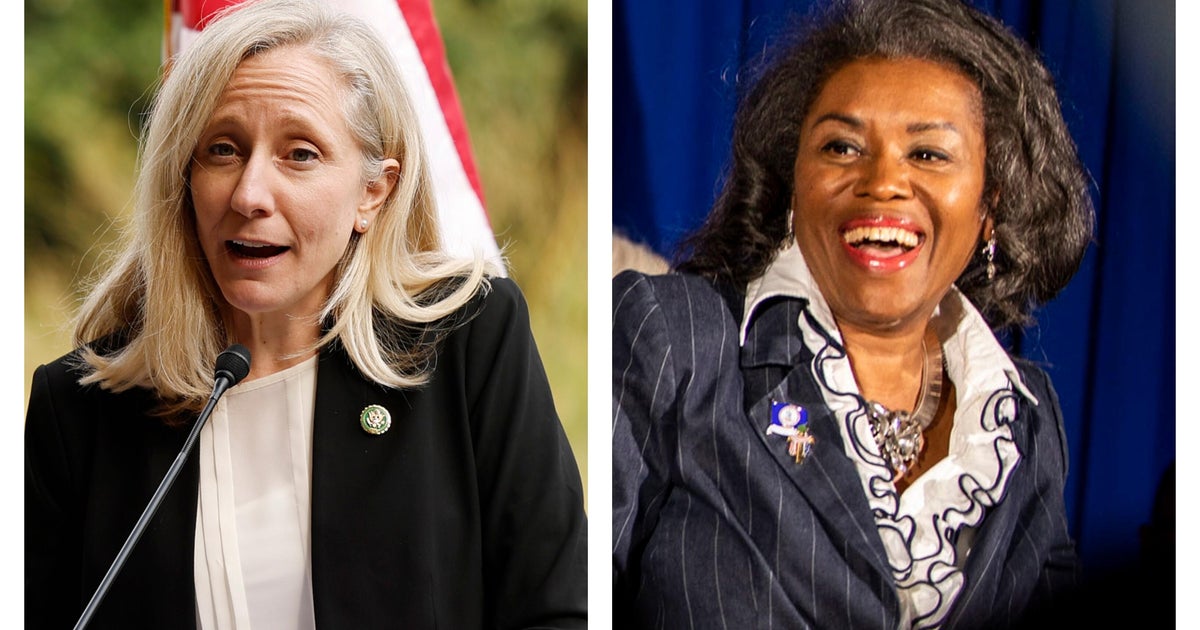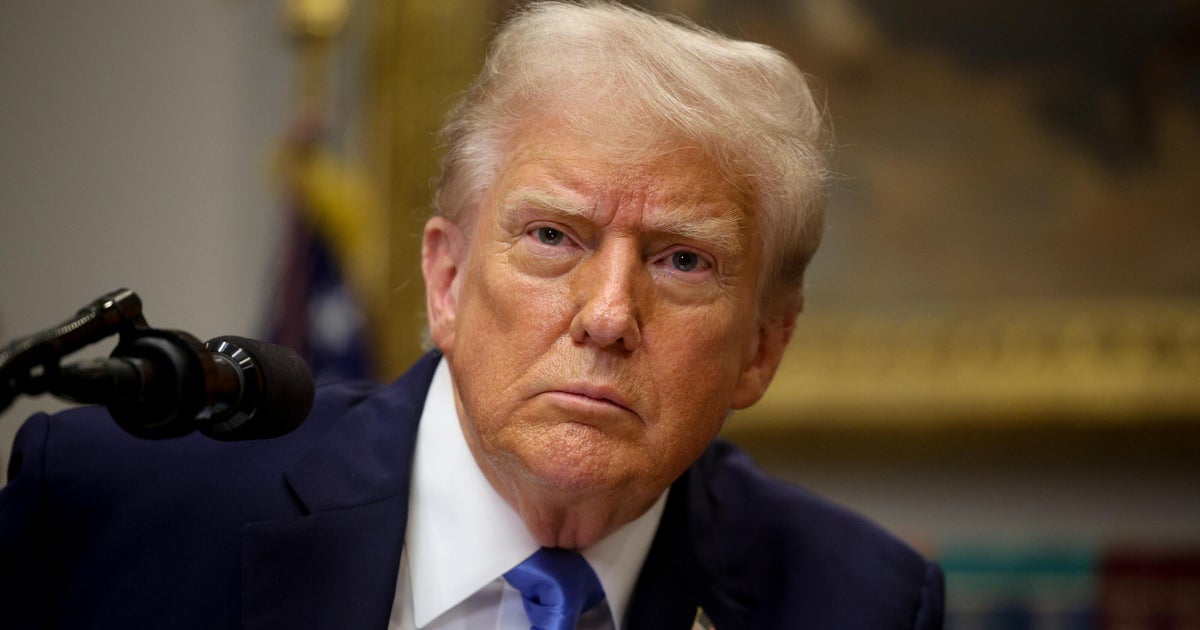
In December 2023, nearly three months following the horrifying events of October 7, the Israeli Institute for National Security Studies (INSS) convened a gathering for the nation’s media personnel. Nestled in a modern building at Tel Aviv University, surrounded by manicured lawns, this meeting had an unsettling purpose: to evaluate the media’s portrayal of Israel’s ongoing war against Gaza.
As the conflict raged on, Israeli television was rife with nationalism, grief, and a thirst for vengeance. The narratives were dominated by the stories of Israeli victims and first responders, while the very real suffering of Gazans went largely unreported. By mid-December, the death toll in Gaza had surged to approximately 20,000, yet the Israeli media continued to enforce an alarming silence regarding the humanitarian crisis across the border.
The INSS report, released months later, painted a disconcerting picture of media practices in Israel. While graphic images of destruction from Israeli airstrikes were prevalent, the heartbreaking reality of civilian casualties remained obscured. In stark contrast to the visceral coverage of Israeli suffering, reports of dead Palestinian children or starving families were almost nonexistent. This deliberate suppression of information raises critical questions about the very foundation of journalistic ethics in Israel.
One media executive openly admitted a “conscious decision” to obscure the atrocities occurring in Gaza from Israeli audiences. This admission reflects a disturbing trend within Israeli journalism, where the media has actively participated in an ongoing campaign of misinformation, prioritizing unity and patriotism over their duty to provide a comprehensive account of reality.
The silencing of Palestinian voices is evident, with mainstream media outlets dismissing any calls for an end to the violence. Those who dared to express dissent were often met with backlash and censorship. In the hard-right media sphere, images of Gazan casualties serve not to evoke empathy, but rather to bolster the narrative of Israeli military superiority and to delegitimize any criticism of Israel’s actions.
Anat Saragusti of the Union of Journalists in Israel highlighted the stark imbalance in coverage: only a handful of reports on the humanitarian crisis had made it to mainstream television. The INSS report confirmed that Israeli news organizations had “knowingly abandoned” journalistic norms, sacrificing their integrity for the sake of nationalistic fervor.
Ayala Panievsky, a journalism scholar, corroborated these findings with data indicating a staggering lack of coverage of civilian casualties. In a sample of hundreds of segments from Channel 12, the most-watched news program, only four instances of civilian deaths in Gaza were mentioned. Despite the rising death toll, this pattern of reporting remains unchanged, leaving the Israeli public woefully uninformed.
As the casualty figures climbed, the Israeli public’s perception was shaped by social media and independent outlets, often conflicting with the sanitized narratives presented by mainstream news. A May poll revealed a troubling sentiment: 64% of Israelis expressed disinterest in learning more about the situation in Gaza. This collective ignorance is not merely incidental; it is a symptom of a media environment that has become complicit in perpetuating a distorted narrative.
The erasure of Palestinian suffering is a national tragedy that reflects a broader societal malaise. While Israeli citizens grapple with the repercussions of the war, the conversation around the humanitarian crisis remains largely absent. Protests that once united citizens against government overreach have become sporadic, overshadowed by a one-dimensional portrayal of victimhood that ignores the plight of Gazans.
The Israeli media’s reluctance to confront the humanitarian crisis is rooted in a complex interplay of trauma, self-censorship, and viewer engagement. The aftermath of the October 7 attacks has left an indelible mark on public sentiment, with a shared grief that influences how stories are told. Criticism of the war has been largely muted, with journalists prioritizing the safety of Israeli soldiers and hostages over the humanitarian catastrophe unfolding in Gaza.
In this climate of fear and nationalism, dissenters find themselves marginalized. Journalists who dare to challenge the prevailing narrative risk ostracization and professional repercussions. The chilling effect is palpable, as many reporters feel compelled to adhere to a narrative that aligns with the government’s stance, fearing backlash from a public increasingly swayed by right-wing rhetoric.
Moreover, the government has further tightened its grip on the media landscape, proposing legislation that would undermine independent journalism. This censorship, coupled with a barrage of personal attacks against journalists, has created an environment where critical voices are systematically silenced.
The chilling reality is that many journalists, aware of their complicity, choose to remain silent. They recognize the need for a more nuanced understanding of the conflict but are paralyzed by the fear of public backlash. The result is a media landscape that not only fails to hold power accountable but actively participates in the erasure of entire narratives.
In stark contrast to the silence of most journalists, Adi Ronen Argov, a psychologist, has taken it upon herself to document the individual tragedies of the conflict. Through her blog, she humanizes the victims of war, giving names and faces to the children lost in this conflict. Her work serves as a powerful reminder of the moral imperative to confront the realities of war, despite the risks involved.
The Israeli media’s failure to report on Gaza’s suffering is not merely a journalistic oversight; it is a grave moral failing that perpetuates injustice. The time has come for journalists to reclaim their role as truth-tellers, to shine a light on the human toll of conflict, and to advocate for a more equitable narrative that recognizes the dignity of all lives affected by this war. Only through accountability and a commitment to human rights can the media hope to foster an informed and compassionate society.
This article highlights the importance of IN GAZA’S CRISIS.


